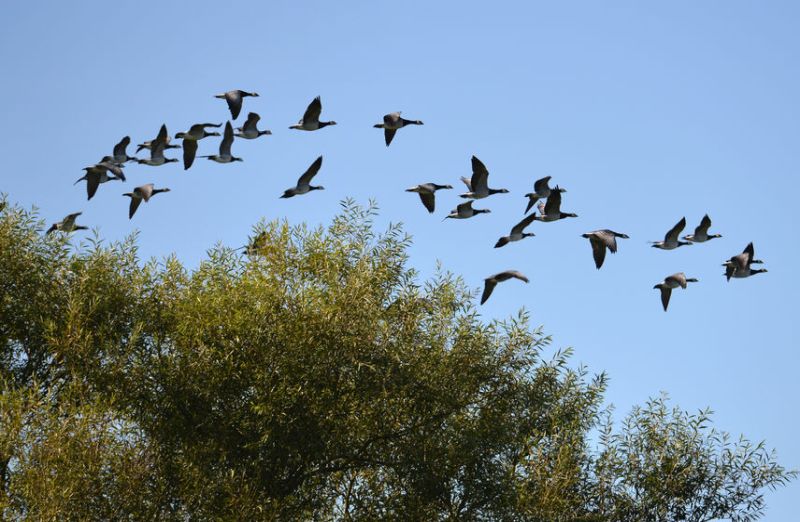Scottish rural groups criticise general licence restrictions

Scottish rural groups have criticised moves to further restrict the use of general licences by saying it 'poses a threat to wildlife conservation efforts'.
Eleven species of birds, including rooks, great black-backed gulls and collared doves will have stronger protection from April 1, as they will be removed from general licences.
In six weeks’ time, the renewed licence rules mean those seeking to control birds not included on the updated list will be legally required to apply for a licence.
The announcement, made by Scottish Natural Heritage (SNH) on Friday 7 February, means land managers will have to apply specifically for prior approval from SNH’s licensing team to control certain birds on Special Protection Areas.
General licences allow certain birds to be killed without the need to apply for individual licences - for example, to prevent serious damage to crops, to protect public health and to help prevent predation of other, at-risk bird species.
The amendments to general licences follow a public consultation which received over 700 responses.
It comes as an additional SNH review shows that while many wild bird populations are in a healthy condition, a range of pressures, including climate change, means others have decreased, and are in need of greater protection.
The licence review also concluded that the control of greylag geese, a species already listed on the licence, should be extended to year-round control, to help minimise widespread agricultural damage to grass pasture and emerging crops.
Robbie Kernahan, SNH’s Head of Wildlife Management, said: “We want to make sure our licences remain relevant, evidence based and fit-for-purpose and our new general licences will better balance current conservation research with the needs of licence users.
“Our role is to help wild birds thrive, but we must also safeguard the public from health and safety risks, as well as make sure farmers can protect their crops.”
Following the announcement, a joint statement was issued by five rural groups in Scotland, including the Scottish Countryside Alliance and Scottish Land & Estates.
The organisations said the new regulations means the land management sector will be 'burdened with excessive and unnecessary regulation and red tape'.
“We feel particularly let down over changes that will mean land managers having to apply specifically for prior approval from SNH’s licensing team to control certain birds on Special Protection Areas,” the statement said.
“The birds customarily controlled in these areas can be vast in number and any delay in approval being granted could well have a detrimental impact on protected at-risk species. This seems counter-productive.
“It is regrettable that SNH has taken this decision while it acknowledges there is no clear evidence that the use of general licenses have an adverse impact on Special Protected Areas.”
The groups added: “There has been insufficient engagement and communication with land managers who will have to implement these changes and our organisations are seeking urgent reassurance from SNH and ministers that consents will be granted quickly and easily in the face of the likely impacts on Scottish biodiversity.”








